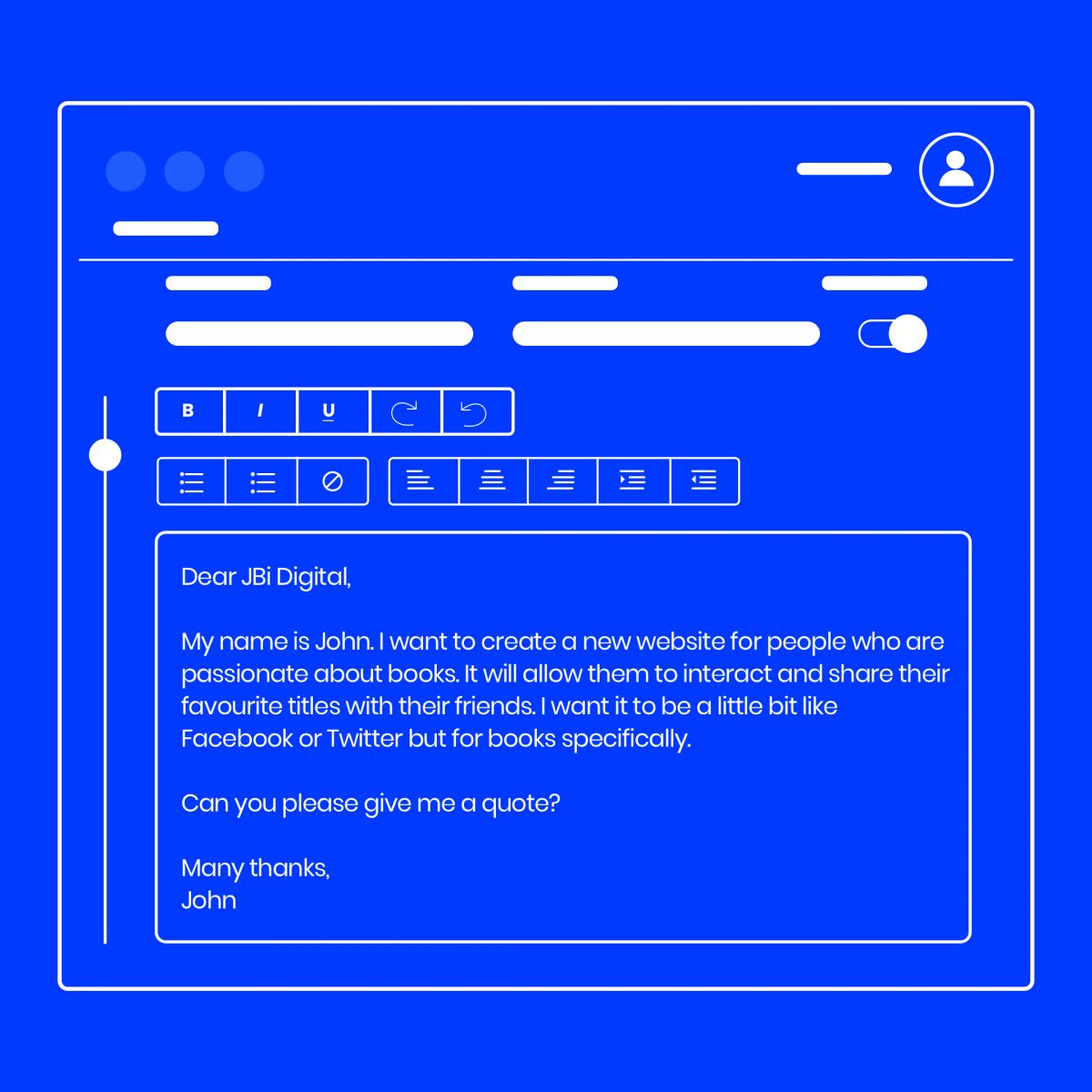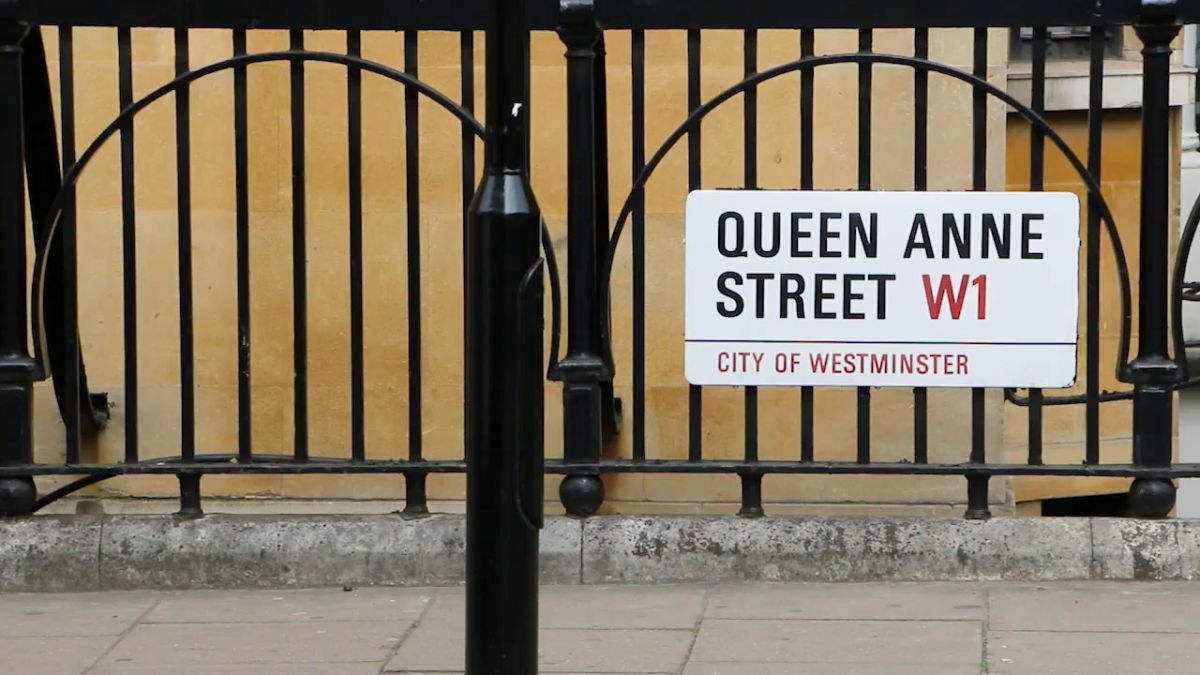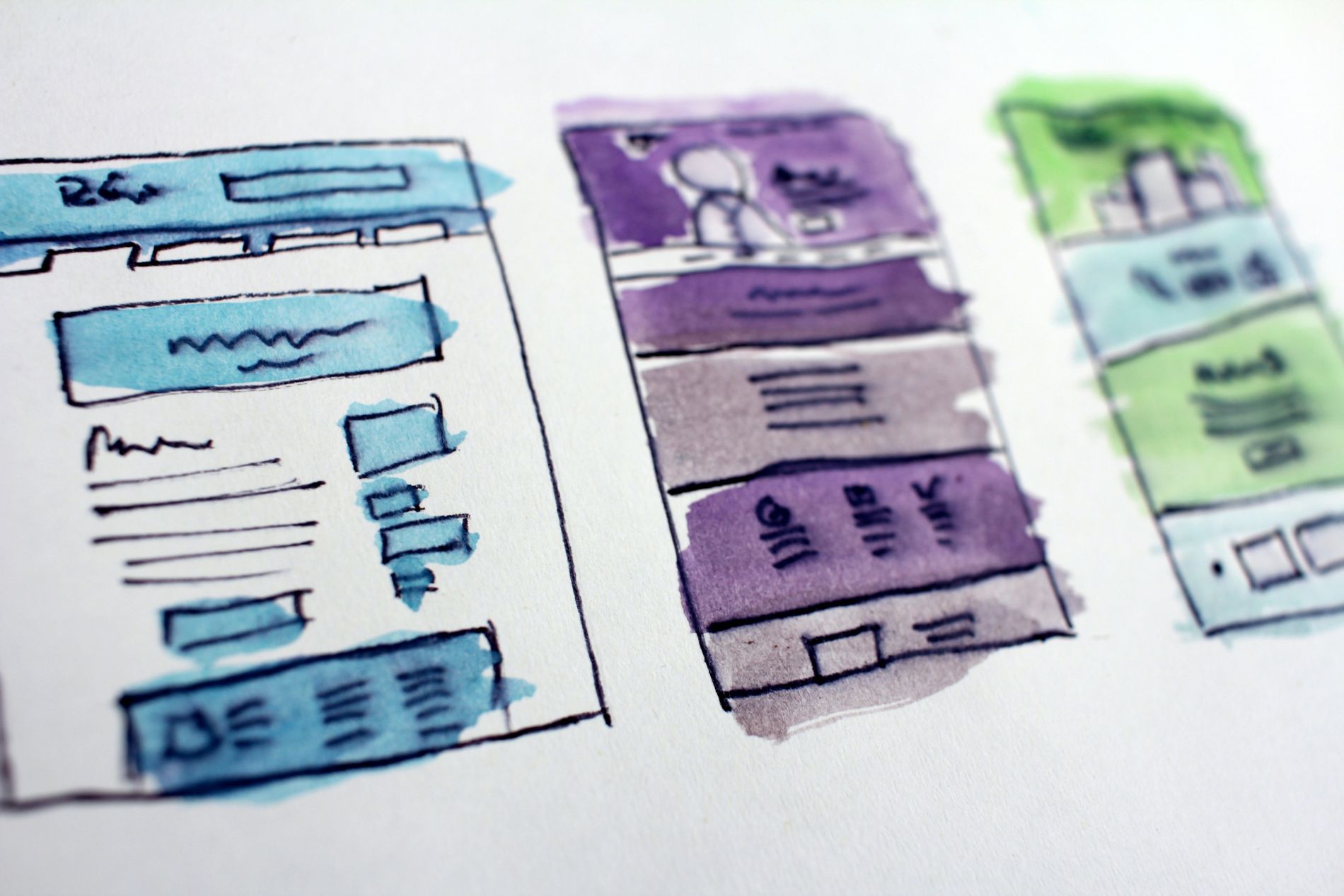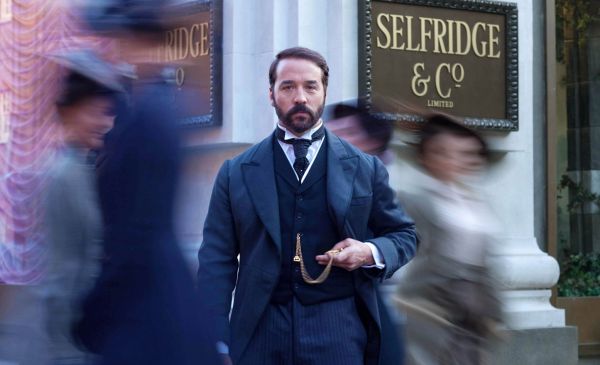The first step in any digital procurement process should be to identify suitable agencies and distribute a project brief.
A good brief will serve as a jumping off point for your chosen agencies, introducing the project clearly before sharing relevant information such as audiences, functionality, budget and timelines. This will allow each agency to prepare initial ideas and questions before you first speak.
Unfortunately, many of the briefs that we receive do no such thing.
It is for this reason that we have created this guide – with the help of our in-house experts – which we hope will be of use to anybody burdened with the task of writing an agency brief!

First off, what needs to be avoided?
As well-intended as emails like the above are, they achieve very little.
There is nothing worse for an account manager than being sent a brief consisting of a few summary lines, a couple of unhelpful benchmarks and a request for a quote.
Not only do they create a poor first impression, but they also end up wasting the sender’s time. The agency will have little choice but to either ask for a more detailed brief or neglect to respond altogether on the assumption that the project is not worth their time.
So, how can you avoid falling into this trap? Simple – when creating your brief, make sure that it answers the following five questions.

It’s important to keep in mind that agencies will be opening your brief without any context or background information.
A clear overview of your motivations and objectives is therefore essential.
Make sure to cover the following in your introduction:
- Objectives: What is the main goal of the project?
- Situation: Why are you starting this project now?
- Issues: What pain points are you looking to resolve?
- Target setting: Have you set any initial targets or KPIs?
- Looking forward: What is your long term vision for this project?
“A strong brief must clearly outline the project’s objectives. The agency should be able to easily understand what you are trying to achieve and who you are targeting, enabling them to ask the right questions and put together a proposal which is tailored to your requirements.”
David Gelb, Managing Director at JBi Digital

The more detail you can provide about your project’s audiences, the better.
If you have carried out any user research or created audience personas, it might be a good idea to share this detail with the agency, even if it requires them to sign an NDA.
Having these additional insights will help agencies to frame the project and understand it through the lens of its users, expanding their understanding and informing subsequent conversations.
“The best agencies will ask you lots of questions during the procurement process in order to build a full understanding of your goals, audiences and business objectives. The more detail you can provide in your initial brief, the stronger their initial understanding will be and the better the results.”
Raj Bawa, Operations Director at JBi Digital

This is the meat and drink of any good brief.
There is not an agency in the world that will be able to put together a bespoke proposal for you without a clear understanding of the features and functionality you require.
Write a bullet point list of everything you will need your platform to offer, from blogs and contact forms on a website through to security features and plugins on a web app.
The more detail you can provide here, the easier it will be for agencies to provide a cost estimate and, ultimately, a quote.

Non-functional requirements are often neglected in agency briefs, but they can be just as vital in helping the agency to understand the project scope.
Make sure that you cover each of the following if they are part of your project:
- UX discovery
- Technical discovery
- User research
- Content writing
- Image sourcing
- Branding support
- Messaging support
- SEO support
- Maintenance / support retainer
- Hosting

It shouldn’t be a shock to hear that the two biggest questions an agency will want answered when they receive a brief are invariably:
- “Is there an appropriate budget behind this?”
- “When does the project need to be delivered by?”
Even if you can only provide ballpark estimates for each, that is better than nothing.
Proposals require a lot of effort on the agency’s part and there can only be one winner, so it is not uncommon for agencies to ignore briefs if they are not certain of whether or not the sender has an appropriate budget or a realistic timeline.
Disclosing your budget doesn’t mean prescribing a cost for the project; it simply enables the agency to provide you with a suitable estimate. You are saving your own time as well as the agency’s by doing so, ensuring that no time is wasted by either of you pursuing a relationship that is financially incompatible or practically undeliverable.
Make sure that you also clarify whether or not you have a separate budget for non-functional requirements, such as hosting or ongoing support.
And a final tip – if you are concerned about hidden costs, ask for an itemised cost breakdown as part of each agency’s proposal.
“If you can, it is always best to be transparent about your project’s budget and timeline. By doing so, you can be confident that responding agencies are financially viable and have the resources available to deliver your project within your desired timeframe.”
David Gelb, Managing Director at JBi Digital
Over to you!
We hope that this guide has been helpful – it’s up to you now!
Ultimately, the golden rule is: “The more information you can give, the better.” As long as you don’t go overboard, agencies will rarely be unhappy to receive long and detailed briefs.
If you have a project you would like to discuss with us, please don’t hesitate to send your brief to hello@jbidigital.co.uk (using all of our tips!) or call us on 0207 043 2510.




